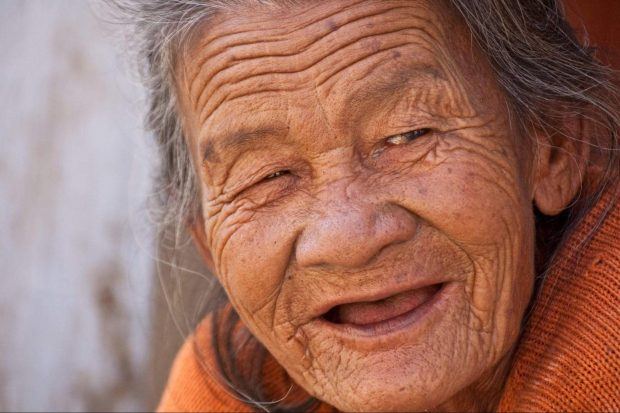Most people hope that they’ll live a long life and pass away peacefully one day surrounded by family and friends. We chase down every lead that could help us live a longer, fuller life. We scour the shelves for superfoods and make daily smoothies to feed our bodies with all the nutrients they need. Furthermore, we meditate and do puzzles to keep our minds healthy. We exercise to strengthen our physical bodies so that we’re better equipped to make it through our daily lives.
Though the search for the fountain of youth never really stops, the question we have to ask ourselves is: does any of this really matter? Or is our longevity determined by other factors that we can’t control?
Research into aging and longevity
Decentralized trials, as well as traditional clinical trials, have been running for decades. They assess the ins and outs of aging, Furthermore, they assess what really makes our bodies tick and why we eventually run out of life. We’ve found the answer to what determines how we live, and not all of it is within our control.

Do Genetics Influence Your Lifespan?
The simple answer is yes, they do. The complicated one is that genetics is only one of the factors that influence how long we’ll walk this earth. The environment that we spend most of our time in, as well as the way we live our lives, are also huge factors in how long we’ll get to live.
As civilization “improved” and access to safe housing, medical care, clean water, and good food increased, life expectancy shot up from an average of 60 before the 1900s to an average of 80 as the 1900s progressed. Scientists take careful note of all the conditions in the lives of individuals who exceed our current average age.
What we learn from the longest-living people
What are these people doing differently so that we could try to increase our odds of living longer? People in their nineties are referred to as nonagenarians. People in their hundreds are referred to as centenarians, semi-centenarians (110 years and older), and semi-supercentenarians (105 to 109 years old). They seem to have surprisingly little in common with each other.
They come from different areas, their education levels vary, and they don’t make the same amount of money or do the same jobs. Where these people’s lives intersect is the difference in their lifestyles from everyone else around them.
They are almost always non-smokers, eat natural foods, are not morbidly obese, and have found healthy ways to handle stress.
These factors mean that as people age, they are less likely to develop potentially life-threatening conditions that relate to any of these issues: cancer, high blood pressure, diabetes, and heart disease. Siblings and children of those blessed with long lives are more likely to age similarly because of that other factor that influences life expectancy: genetics.
The Study Of Life
Genetics and the understanding of the aging process are constantly ongoing science. The human body holds so many secrets that we have yet to unravel. Science will never truly be “done” investigating the body, the mind, and how they work.
Currently, the top scientists in the field estimate that genetics account for about a quarter of what makes us age the way we do. That said, we still don’t fully understand HOW they contribute to our aging process. We know that a few common variations (polymorphisms) can be found in those who live longer: FOX03, CETP, and APOE. While these are commonly seen, they aren’t always found in individuals who live long lives.
Scientists think that for about the first seven or eight decades, it’s your lifestyle that dictates your longevity and how well you live. Consuming nutrient-dense foods and staying active are what will get you through these years so that genetics can step in and take the reins a little more.
Gene variants
Some gene variants found in these individuals contribute more to the essential maintenance of the body than those found in others. DNA repair is stronger, chromosome ends are better maintained, and free-radical damage is minimal. Other genes contribute to better cardiovascular function and a more robust immune system. This allows these people to better fight off diseases that might end the lives of their contemporaries that much earlier.
Final Words
Studies are being conducted all over the world, particularly in places like Okinawa, Japan, Ikaria, Greece, and Sardinia, Italy. This is where more people are living into their nineties and hundreds, and aging well. More than in many other places in the world. These regions do have a few things in common. For one, they’re pretty isolated from most of the population. Secondly, they’re generally of lower-income. Lastly, they follow a less Westernized way of life than other locations.
There’s a lot that we still don’t know. However, the study of genes and life unfolds more and more before our eyes every day.
Who is the author?
Lisa Nathalie is a postdoc student at UCLA. She’s mainly interested in anti-aging and neurobiology research, but she loves cats. In her spare time, she enjoys having casual talks and jokes with friends – preferably over a cup of tea in the garden.





![women [longevity live]](https://longevitylive.com/wp-content/uploads/2020/01/photo-of-women-walking-down-the-street-1116984-100x100.jpg)










